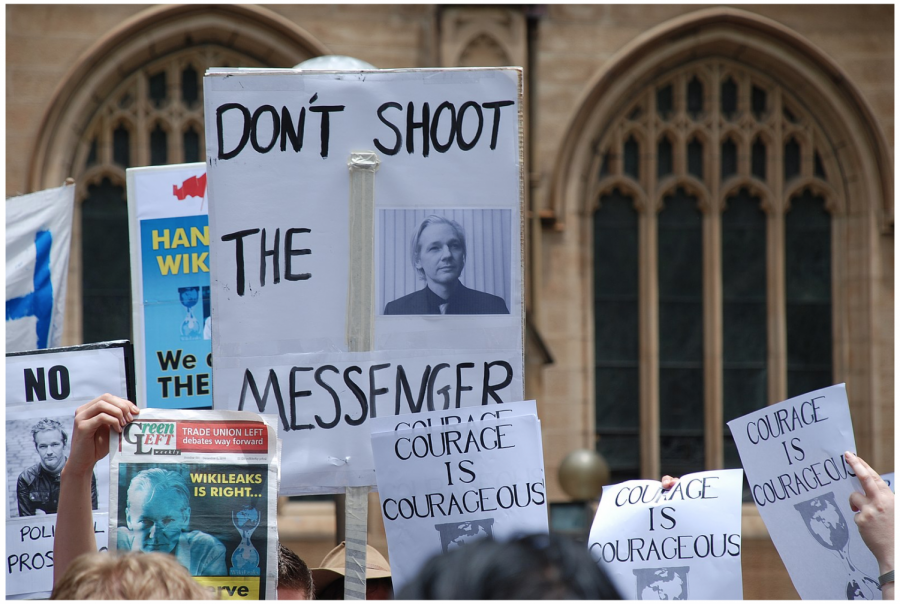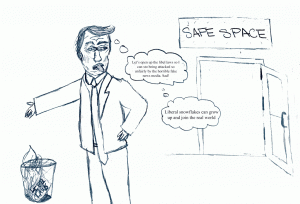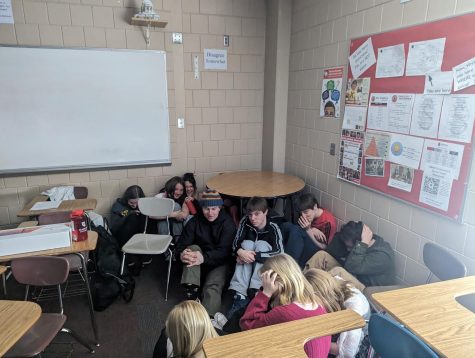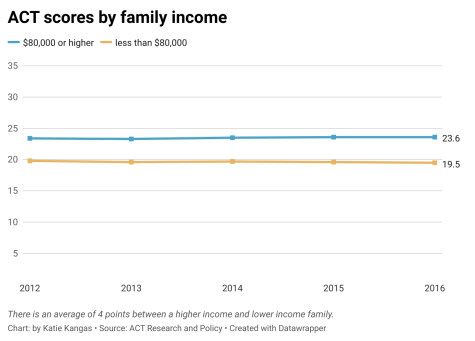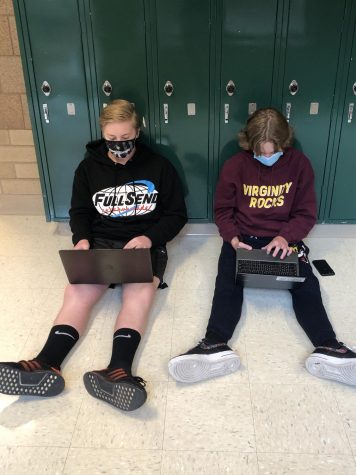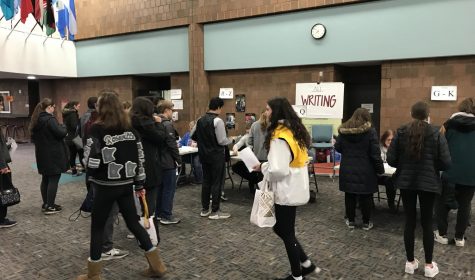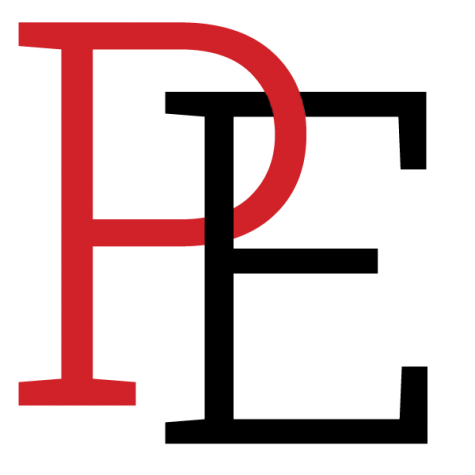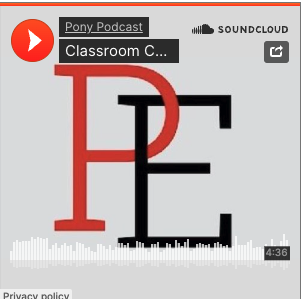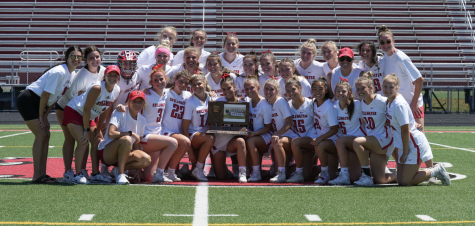Wikileaks founder challenges freedom of press
Creative Commons photo through Elekhh
Assange’s lawyers are taking the defense that he is a journalist. Many U.S. citizens believe that this case could change the way Americans deal with freedom of press.
A test of our boundaries of national defense and governmental transparency can describe Julian Assange and his actions over the last decade.
Julian Assange, the founder of the website Wikileaks, has recently been arrested by British police April 11 after seeking asylum in an Ecuadorian embassy for seven years. Wikileaks, an online press platform with a focus of disseminating classified information and political strategies on an international scale. Assange is being charged with very serious crimes of computer hacking. However, his defense will likely be built around our First Amendment rights of freedom of the press.
Lawyers of Assange argue that he is protected by the First Amendment and that he is a journalist, but where do we draw the line on what is journalism and what is recklessly disseminating information? His background clearly showed no formal training in journalism. His efforts were directed with the behavior of disobedience of journalistic rules and profited on bulk dissemination of sensitive governmental material, much of it highly classified information.
Military defense of classified information
The leak of sensitive classified information from the U.S. Army in Afghanistan in 2009, coordinated with Private Chelsea Manning put Wikileaks in the national and international spotlight. The back channels that Assange used to access this information clearly were damaging to our national defense on many levels. As Manning may have been concerned about activities of our presence in war activities in Afghanistan, she chose to conspire with Assange, and disseminate videos demonstrating activities that were thought to be harmful to humanity.
“If Manning felt that there was an issue with our defensive plan internationally, the channels of reporting this are well described in our military system. There are mechanisms to work with whistleblowers within our military, which is so very important. Our national defense depends on careful use of classified, sensitive material. Transparency to a degree is allowed, but it is highly monitored,” U.S. Navy Captain David Ratte said.
The Freedom of Information Act [FOIA], signed into action by President Johnson in 1966, outlines the process of disclosure of classified information. This is a federal freedom of information law that requires full or partial disclosure of previously unreleased information and documents controlled by the U.S. government upon request.
“The intent of this act was designed to improve transparency in governmental activities without sacrificing our national defense strategies.” Lieutenant Colonel US Army Jeff Johnson said. “These steps and procedures are very important to follow for obvious reasons, that of protecting our country and individuals. FOIA should allow individuals access to information in a deliberate way, without exposing sensitive material to our foes.”
Effects on journalists
Assange’s computer hacking activity was clearly aimed at the deepest levels of intelligence, the US Pentagon’s computer server. In addition, he looks to have persuaded others to drop their information into the Wikileaks site created a situation of conspiring with international influence notable. This occurred in 2016 during the presidential campaign as Assange allowed the Russians to unload classified emails from former Secretary of State and presidential candidate Hillary Clinton into the Wikileaks website. Assange’s defense of acting with true journalist intent is questioned by many. However, our First Amendment rights of freedom of press and speech are in the crosshairs of this apparent crime.
“The indictment does point out criminal conspiracies, that include things journalist’s routinely explored,” a University of St Thomas graduate of journalism and now a producer at a local Twin Cities news station Bjorn Saterbak said.
“Specifically investigative journalists who search to get a source to provide more information, often keeping the source anonymous. If the government would end up considering this as criminal, it will be tough for upholding our freedom of the press. However, this case seems to be related to him hacking information, not publishing, which I don’t think fits in the line of journalism,” Saterbak added.
Both sides pitch a good defense. National defense has always dealt with ways to handle classified information and needs to have security behind this. However, investigative journalists are needed in order to provide insight into activities that may be verging on criminal or fraudulent. What will become of Assange’s activities will be in the hands of the judicial system as his charges of crimes of computer hacking come to trial in the near future.
It may be that his methods were so reckless and so counter to journalist standards that his defense of freedom of the press becomes not even an issue. Nevertheless, the focus on upholding the First Amendment rights will be the highlight of this trial.

My name is Marlee McGuire, I am a junior. I am one of the social media editors for newspaper. I play soccer and I am on the Alpine ski team. I enjoy being...



